Creative Genius: The World's Greatest Minds
Great Minds

News of the death of Apple founder Steve Jobs on Oct. 5, 2011, has been received with sadness, admiration and gratefulness for a man considered a "creative genius" who "changed the world" in many ways. In addition to Jobs, plenty of great minds have challenged paradigms, opened windows into worlds we didn't even know existed, and produced innovations that have persisted through time. Here's a look at the world's titanic thinkers, from Charles Darwin and Albert Einstein to Stephen Hawking.
Albert Einstein
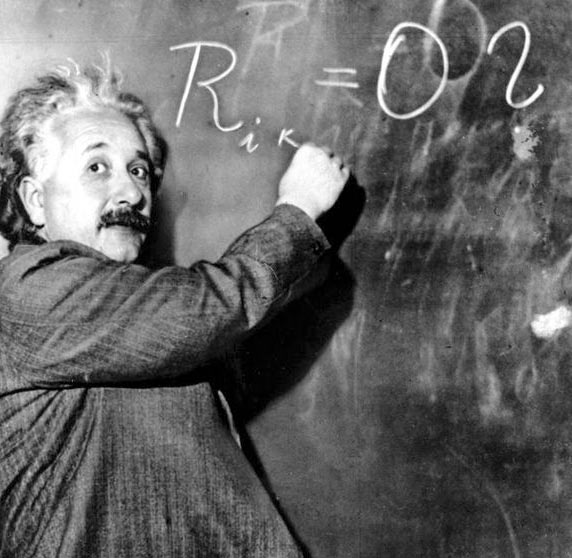
1879-1955: Being labeled a "slow learner" in grade school didn't stop Einstein from making some of the greatest-ever achievements in science. He proposed the general theory of relativity, helped develop quantum theory, and received a Nobel Prize in physics for his description of the photoelectric effect. [Nobel Prize in Physics: 1901-Present]
Alexander Graham Bell
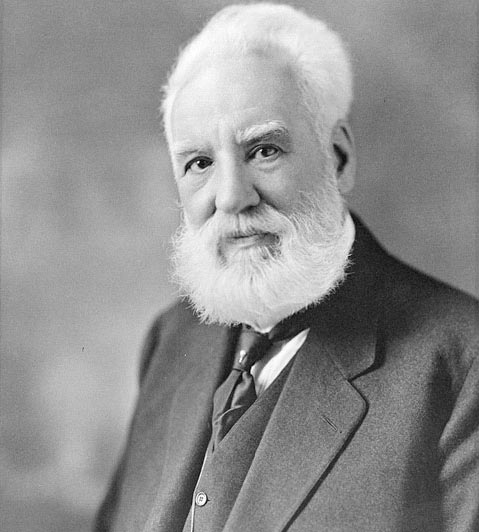
1847-1922: Determined to find a way for his deaf mother to hear, Alexander Graham Bell was one of the most prolific inventors of his time. Although best known for inventing the telephone, in 2002 it was determined that Antonio Meucci invented it several years prior. Bell is, however, credited with the metal detector, photophone and hydrofoil.
Marie Curie
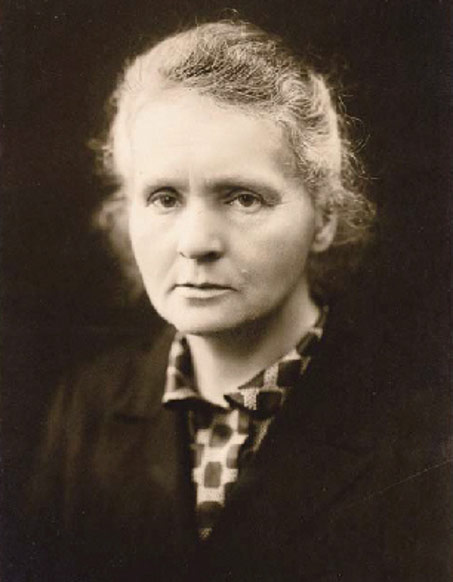
1867-1934: A pioneer in radiology, Curie won Nobel Prizes in chemistry and physics and had a unit of radioactivity, the curie, named for her and her husband Pierre's work. She isolated two radioactive elements, polonium and radium, to study their properties and potential uses. Although she was particularly interested in their therapeutic potential, she eventually died from long-term radiation exposure.
Sir Isaac Newton
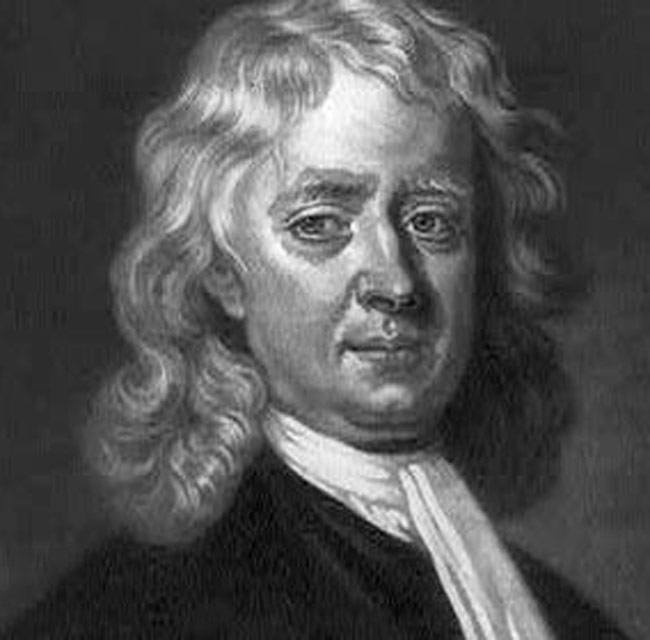
1643-1727: Everybody knows his "what goes up, must come down" universal theory of gravity, but Sir Isaac Newton also showed that color is inherent in white light, studied the speed of sound, advanced the heliocentric view of the solar system, and postulated on the origin of the stars. He's also known for his three laws of motion, including inertia and "for every action there is an equal, but opposite, reaction."
Thomas Edison
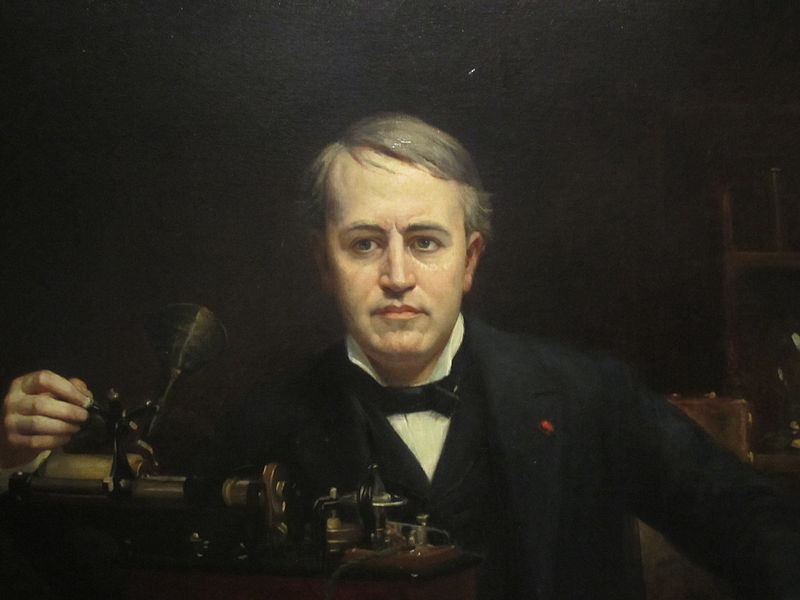
1847-1931: Generally considered the most productive inventor of all time, Edison holds nearly 1,100 patents. He improved the typewriter and helped develop motion pictures and many of his inventions, such as the incandescent light bulb, phonograph, and tattoo guns are still used today.
Charles Darwin
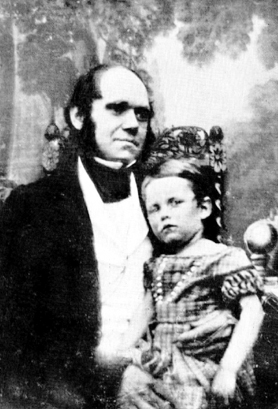
1809-1882: From his observations on the Galapagos Islands, Charles Darwin developed the theory of evolution whereby changes in species are driven, over time, by natural and sexual selection. He struggled internally with this idea, finally publishing "The Origin of Species" 20 years after returning from his voyage. [Charles Darwin: Family Man, Scientist and Skeptic]
Get the world’s most fascinating discoveries delivered straight to your inbox.
Wolfgang Amadeus Mozart
1756-1791: This musical prodigy was composing by age 5 and wrote his first symphony by age 10. As an adult, Mozart's music was extraordinarily complex, drawing influence from many different styles, and considered radical at the time. He composed more than 600 pieces, including concertos, operas and symphonies, in his short life and is considered the most significant European classical composer. [Mozart's Death Was Written in the Key of (Vitamin) D]
Wernher von Braun
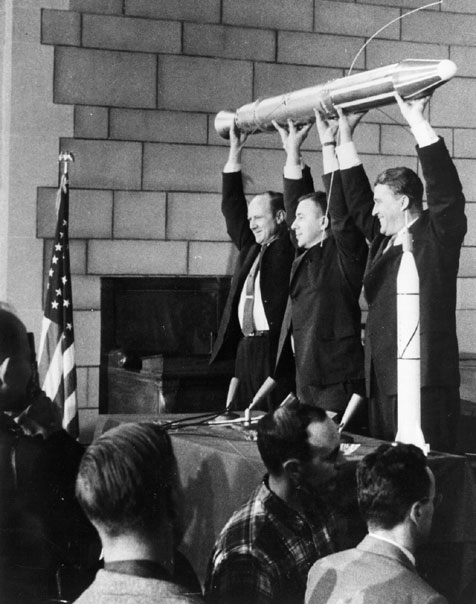
1912-1977: Generally regarded as the father of the U.S. space program, von Braun powered astronauts and satellites into space on giant rockets. But his more significant contribution may have been his vision for the future. His dreams of space stations and airplane-styled spacecraft paved the way for today's space age. [Satellites Gallery: Science from Above]
Shown above in a 1958 photo from left to right: William H. Pickering, former director of JPL, James A. van Allen, of the State University of Iowa, and Wernher von Braun, leader of the Army's Redstone Arsenal team.
Benjamin Franklin
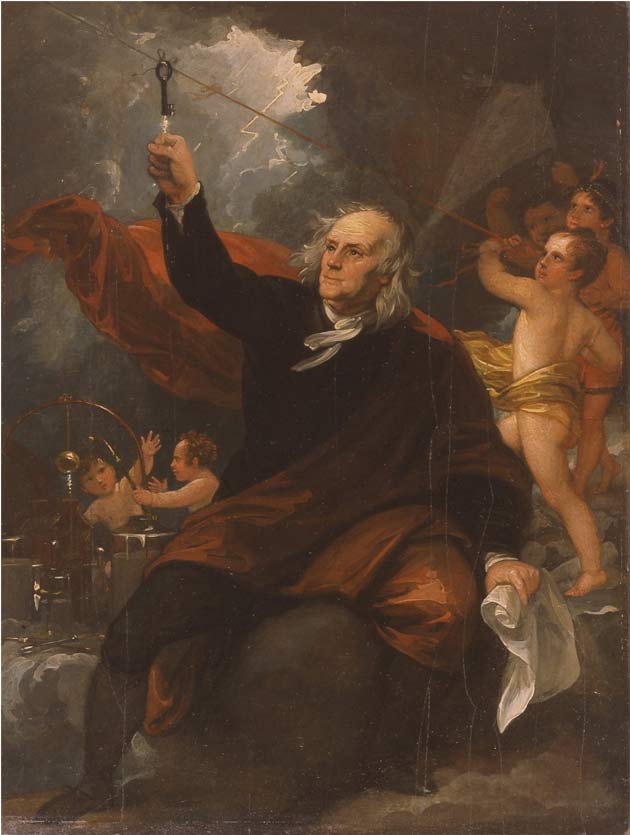
1706-1790: Hailed by historians as the "First American," Benjamin Franklin shaped the American Revolution and was an intellectual leader of the "Enlightenment" Noted for his ingenuity and diversity of interests, he invented bifocals, the Franklin stove, the lightning rod, the glass harmonica, swimfins and is famous for his experiments with electricity. [Trove of Unknown Ben Franklin Letters Found]
Mohandas Gandhi
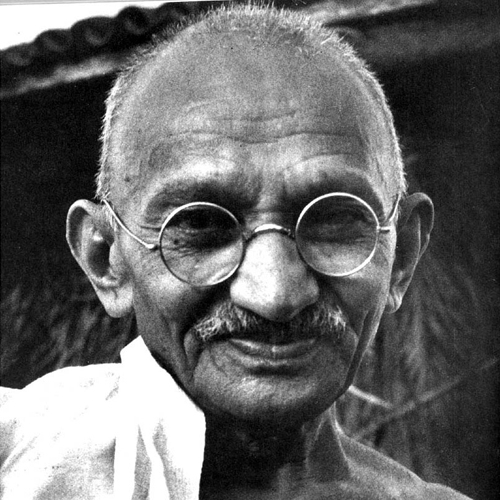
1869-1948: Gandhi freed India from British rule through nonviolent protest, fasting while others fought. His nonviolent philosophy continues to influence national and international resistance movements to this day. [10 Historically Significant Political Protests]

